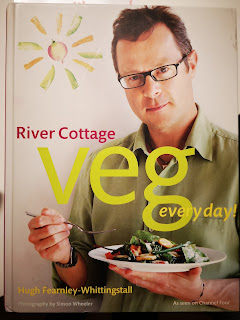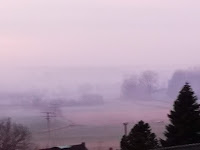The question is not correct: you did dream (scientists say), but you might not remember your dream. Or better: your dreams.
When we lie in our bed "like batteries in a recharger", Pia Ratzesberger writes in the Süddeutsche Zeitung (a newspaper article I refer to most of the time), over our lifetime we spend "dozens of years in our own motion picture" - mostly without remembering it.
"The night knows three phases, which repeat themselves after 90 to 110 minutes like the news programme on TV, and we dream in all of them".
Dreams, though they often seem surreal, cannot utterly escape reality - "our environment pushes through like a pencil through carbon paper". There are different parts of the brain involved: in the beginning the front part of the brain, where our critical thinking sits, logic. The thalamus in the inter brain works like a doorkeeper, he decides which impressions are allowed to enter and which not, and the firmer we close the door the deeper we sleep.
In the first part of the night dreams are more like snapshots of the day.
The eerie part of the night begins after more than one hour, the brain region for logic slows a bit down, while the limbic areal, responsible for emotions, starts to work. Our eyes move rapidly, we "fall into scenic dreams, as if we were on LSD." Three phases of sleep rotate - most intensively we dream when the morning is nearing - thus we often can remember those dreams better.
"In Japan researchers in 2012 could predict with relativ high verisimilitude if a man in a sleep laboratory would dream of an animal or a car". (Hahaha: my impression: most men do that night and day, dream of a car!)
Dreams of falling, of examinations, of coming too late, are "classic dreams", writes Pia. And I didn't know that you can find in the Internet a huge dream diary, with more than 30 000 entries!
"At least half of the people we meet in a dream we know from our day"
And the phenomenon of the nightmare thrives - not surprising - in crises. Pandemic nights.
Children and about 5% of grown-ups suffer from frequent nightmares. Psychologists as Michael Schredl found a way to work with that: one should draw the dream into the day by writing, drawing, and thinking how one can change it. One should do that at least two weeks, 10 minutes a day. "Image Rehearsel Therapy" can even help to heal deep traumata as those of war veterans or rape victims.
How to find out what your dreams want to tell you is another field of explorance - but not new. Around 200 AD, Artemidor of Daldis wrote a book with 300 pages, a reference book for dream interpreters. Sigmund Freud springs to our mind, too.
Dreams can work as a therapy, preparing us to meet the reality of the day, or help us to train things we wouldn't dare to try in real life - falling, flying, fighting with a bear.
Dreams do a sort of "reset" in our brain, and allow it to make different bondings and combinations than in daytime. I love the explanation why we cannot remember much in the morning: "If a man compartmentalises in sleep to recover, to clean his hard disk, it would make not much sense if we wake up in the morning with a full memory card."
One of the last sentences of this article is unsettling - but it follows a happy end:
"The capitalisation of sleep has long ago started. We slick sleeping pills, and put on sleep-tracking watches (...)" (Dream) was till now the only place, in which we cannot do anything, and do not have to do anything. Maybe thus it is quite good when it is always one step ahead, and we cannot catch hold of it completely."
PS: I am proud of the photo I took this early morning - it visualises dream quite well, I hope.
(My personal view on dreams I will present later in a snippet.)







